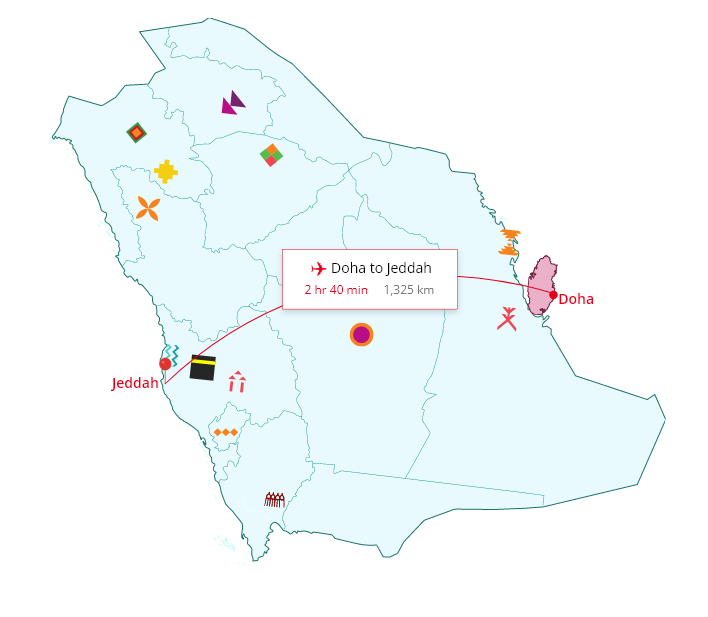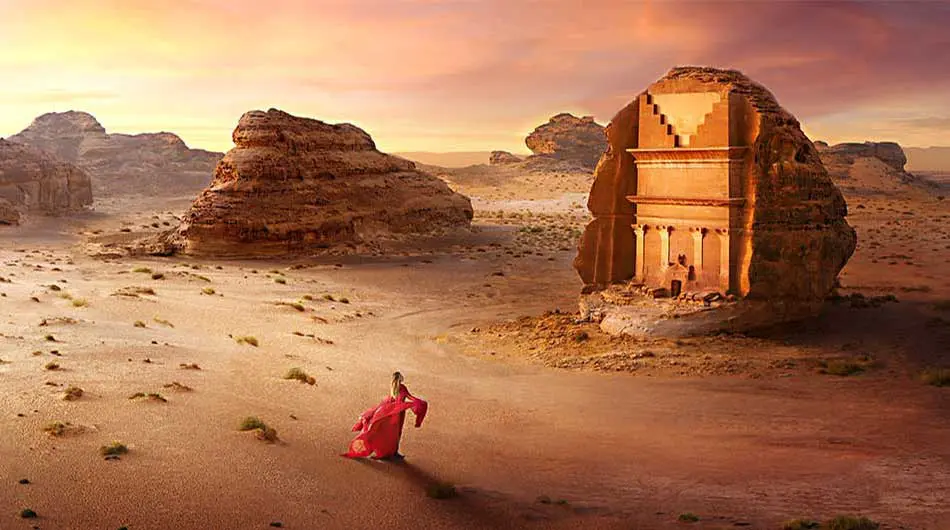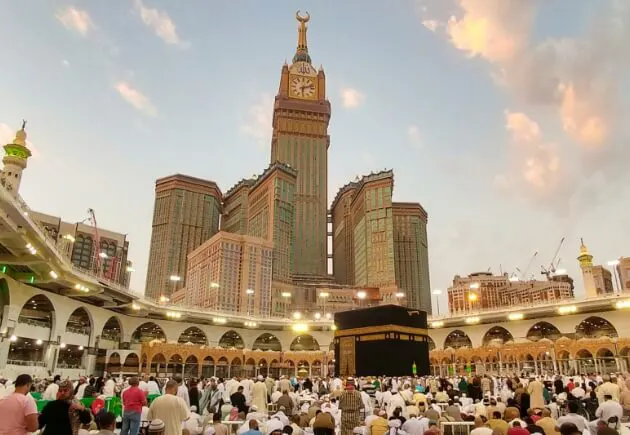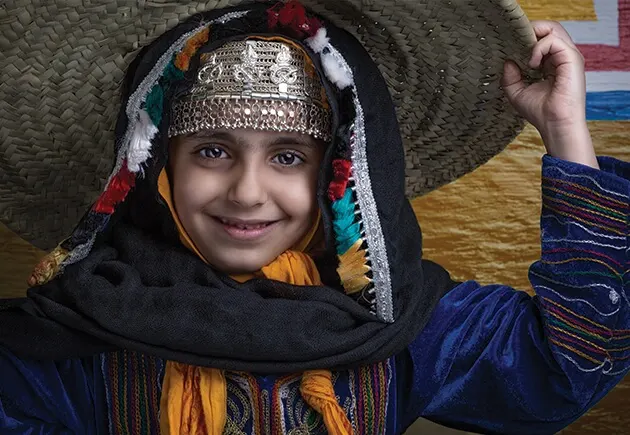Home to rich and diverse landscape, Saudi Arabia attracts tourists for its ruins of the Nabatean Kingdom in Al-Ula, the Rub' al Khali desert, luxurious beach resorts in Jeddah, and mountains of Taif. The old souks and modern skyscrappers and the major highlights tourists can explore in the kingdom.
Plan Your Trip

One of the most important pilgrimage sites, the kingdom of Saudi Arabia is known for its deep-rooted history, culture, and stunning architecture. Every corner or city in Saudi Arabia offers a sense of richness one can discover in their culture and tradition that goes back centuries.

Islam is the state religion in Saudi Arabia and the country is home to the two holiest cities in Islam, Makkah and Medin a. Each year, the country attracts millions of Muslims who perform the annual Islamic Hajj pilgrimage. Non-Muslims are not allowed to enter the cities of Makkah and Medina.
Flock to the holy cities of Makkah and Madinah to perform the pilgrimage. Deliver peace to your soul by visiting these Islamic Pilgrims with customized packages. For the detailed itinerary please contact us.
Plan Your Trip
Visiting Saudi Arabia is an opportunity of a lifetime. The kingdom offers a range of activities and destinations that attract tourists from around the world. Discover the excitement of the Riyadh season, the biggest lifestyle festival, with a range of entertainment and events solely organized for people. There are beaches to bask under the winter sun, feel the sand and enjoy the thrill of marine adventure.
The majestic country of Saudi Arabia practices rich Islamic culture and follows traditions. But once a historic trade hub, the country has undergone cultural transformations with time making it a perfect blend of antiquity and contemporary. Unmarried guests may now stay together in hotels, and females can also drive.
Tourists and locals should respect the traditions of Saudi Arabia. It includes turning off the music in public places during prayer times and many shops close for a brief interval. Eating or drinking in public places should be avoided during the sacred month of Ramadan out of respect for Muslims who fast from early morning to evening time. Tourists and locals should dress modestly.
Saudi Arabia experiences four different types of seasons from chilly winter in January to extremely hot and dry during August. The season is not always hot and varies from moderate to chilly winters during the year, making it a perfect holiday destination for tourists where they can enjoy all kinds of weather and indulge in numerous adventure activities.
Saudi Arabia connects different cities and provinces with various modes of transportation including trains, buses, car rentals, and taxis. Ride-sharing apps can be considered while traveling in a particular city to save time. Tourists must carry their passports on public vehicles.
No, the purchase, sale, and consumption of alcohol are strictly prohibited in Saudi Arabia. Also, tourists can’t bring liquor or any other illegal drugs into the country as doing so is a punishable offense. Rather, plan a visit to the plethora of cafes and restaurants brimmed in the country to make you savor the aromatic beverages and cuisine to uplift your holiday moods.
Tourists visiting the charming country of Saudi Arabia should dress decently. One should avoid wearing tight-fitted clothes wherein women must cover their shoulders and knees. Although, now it's not mandatory for female guests to wear an abaya or hijab but wearing a bikini or revealing clothes on a beach or inside pools is strictly not allowed.